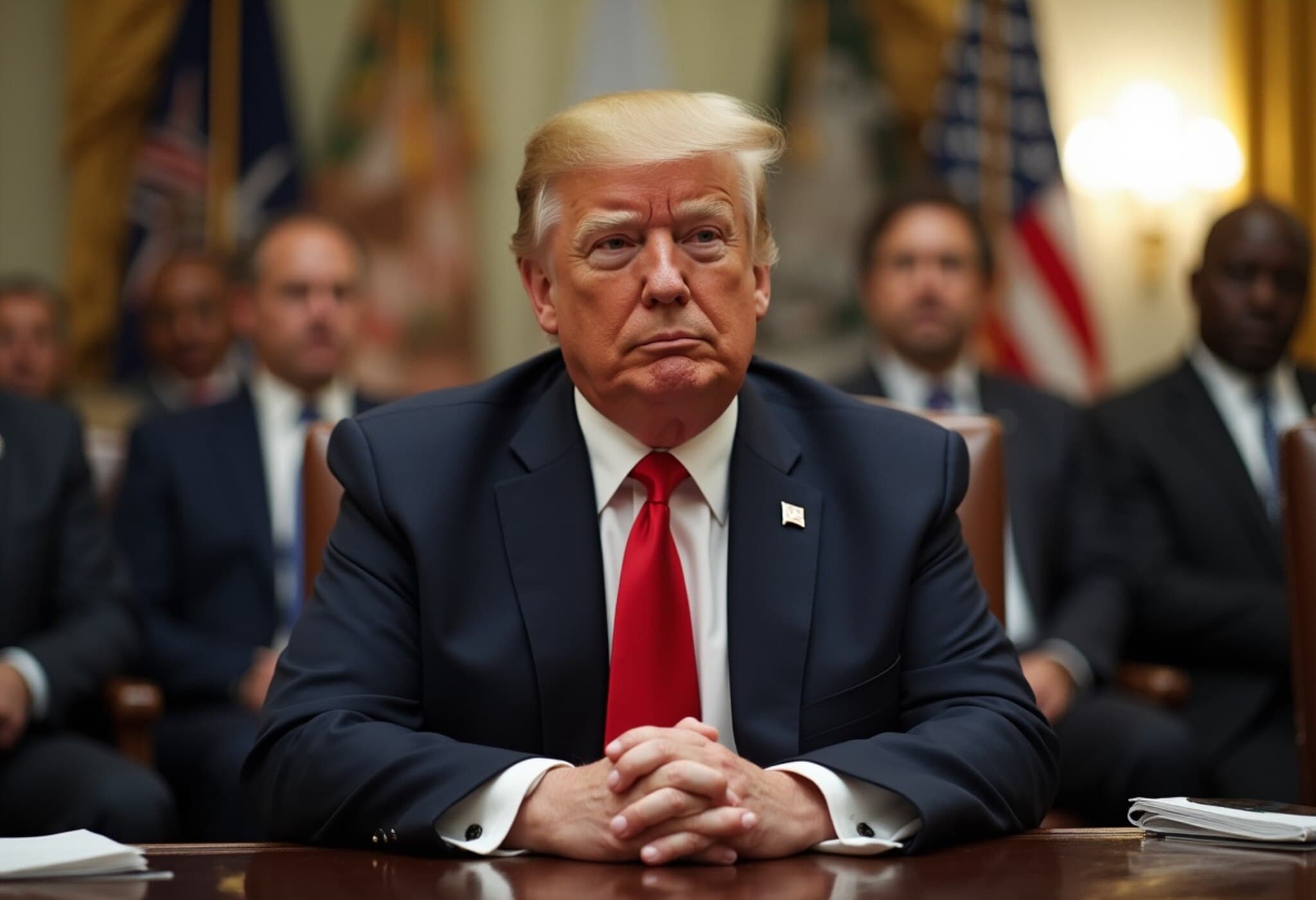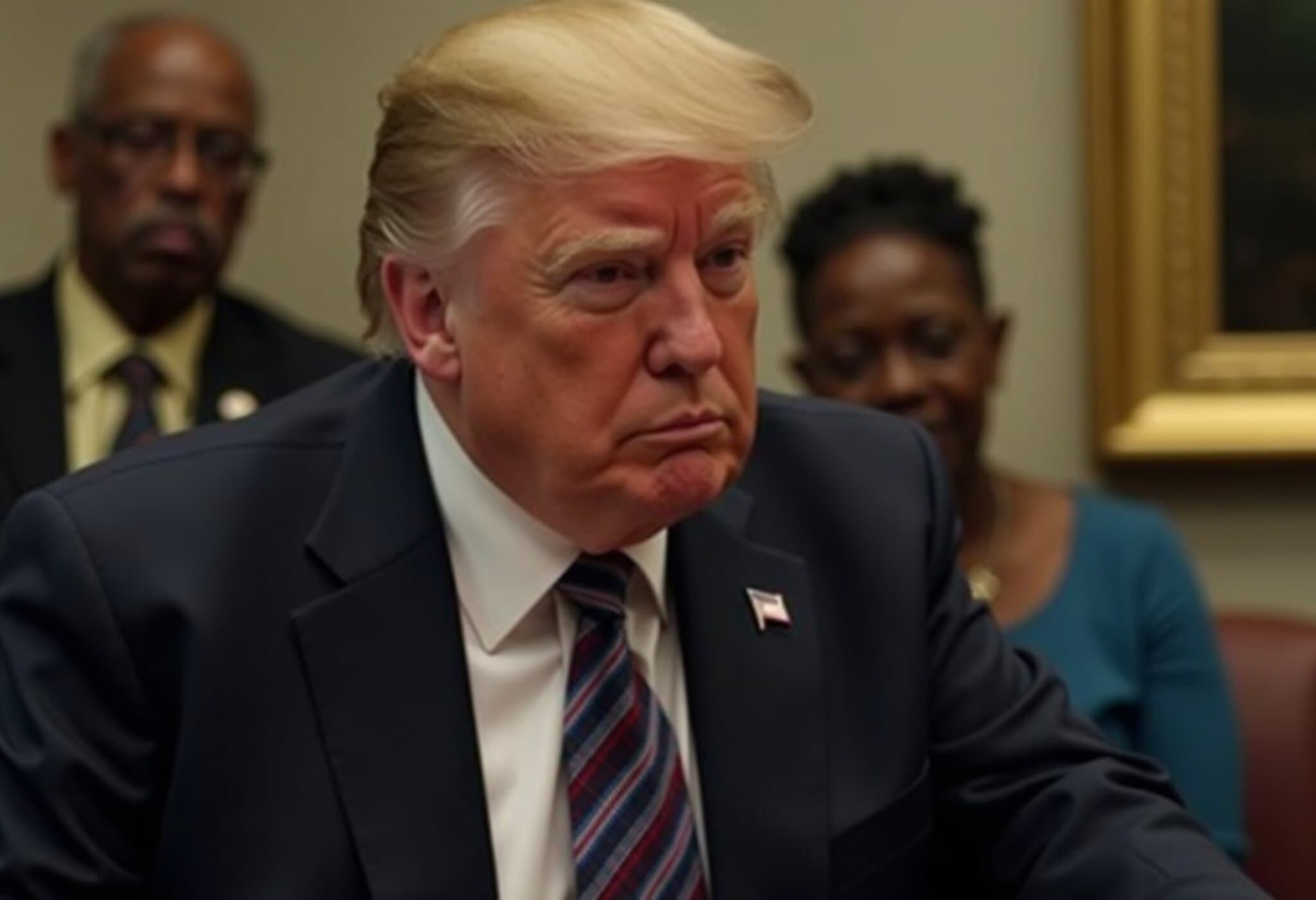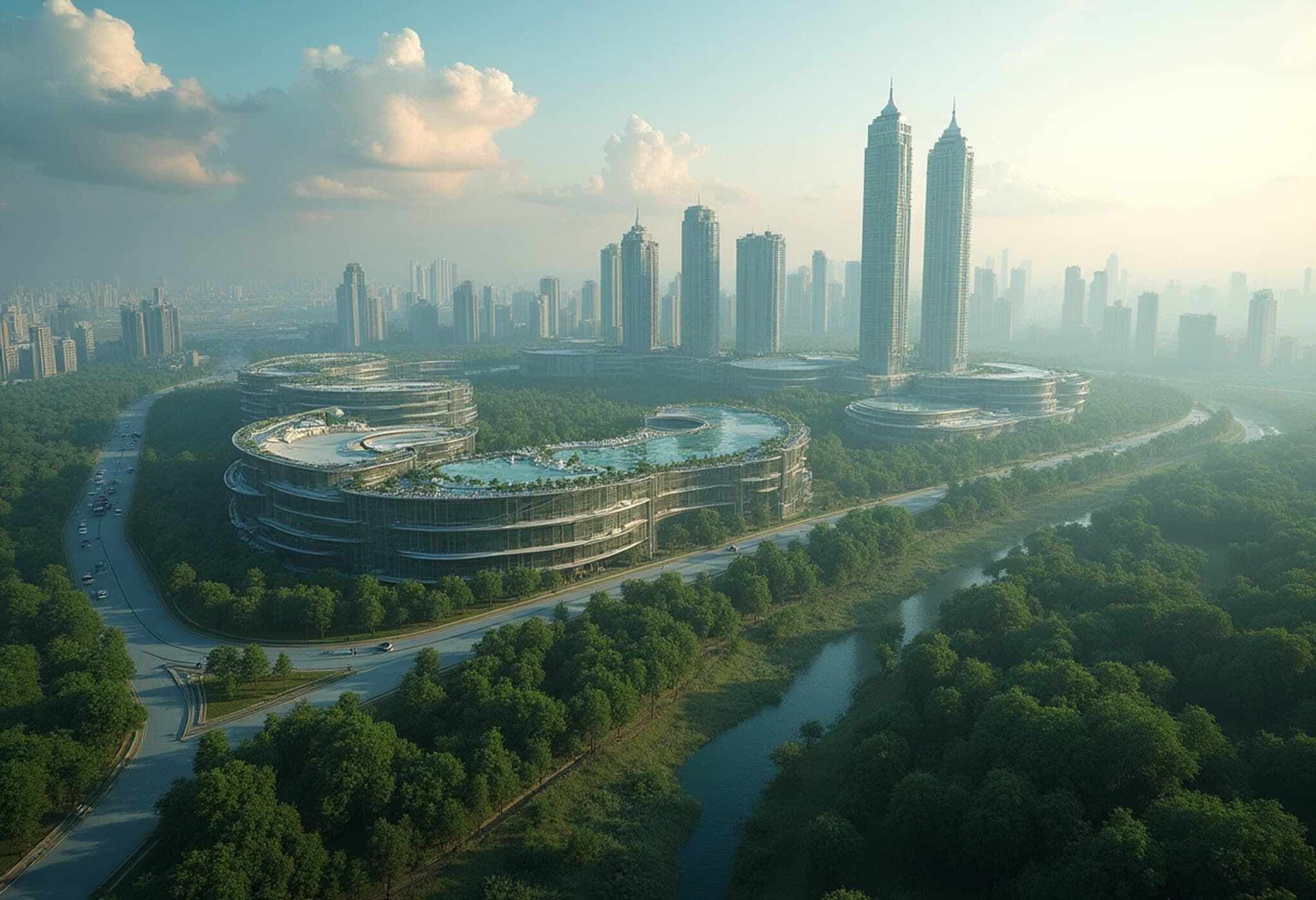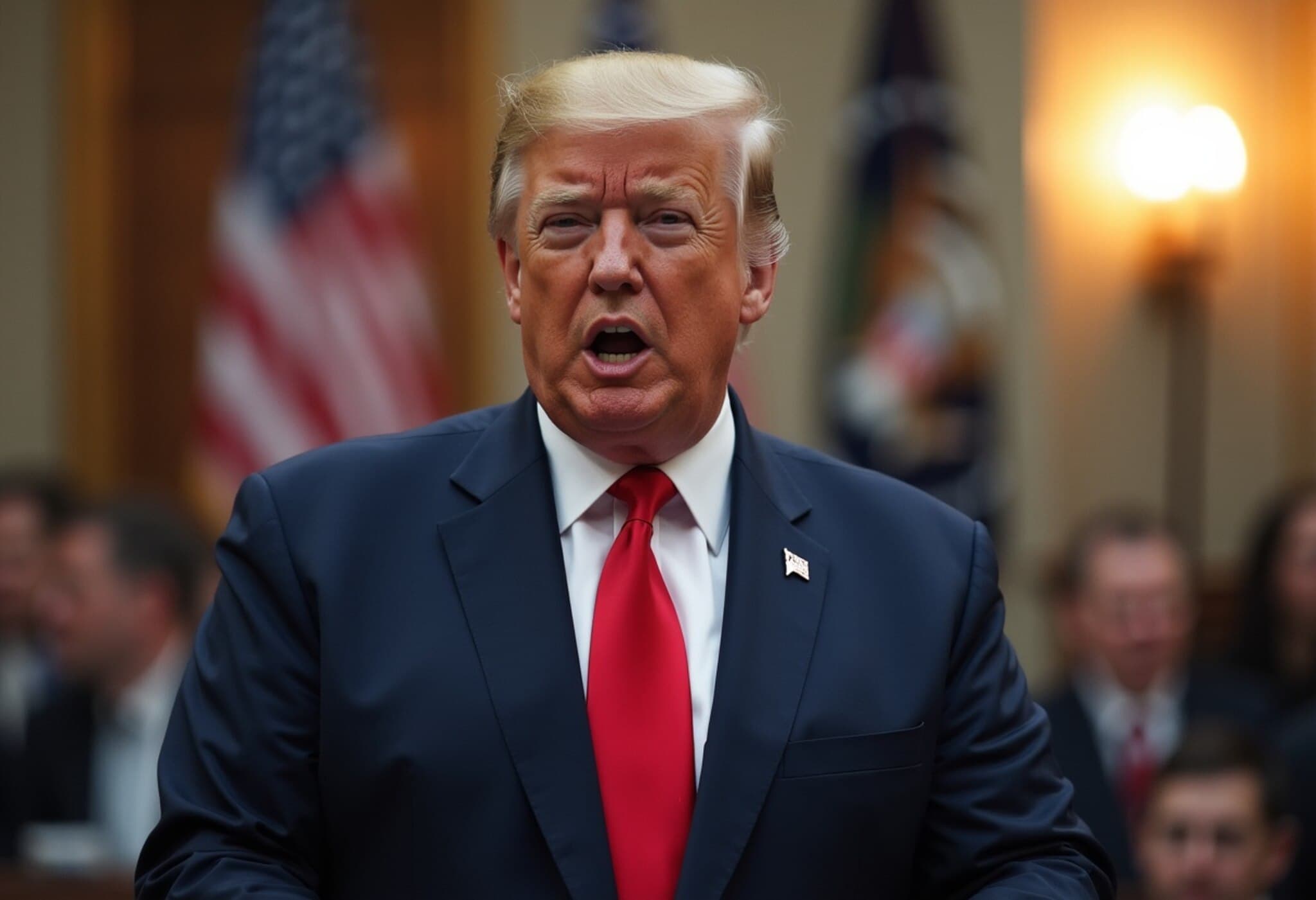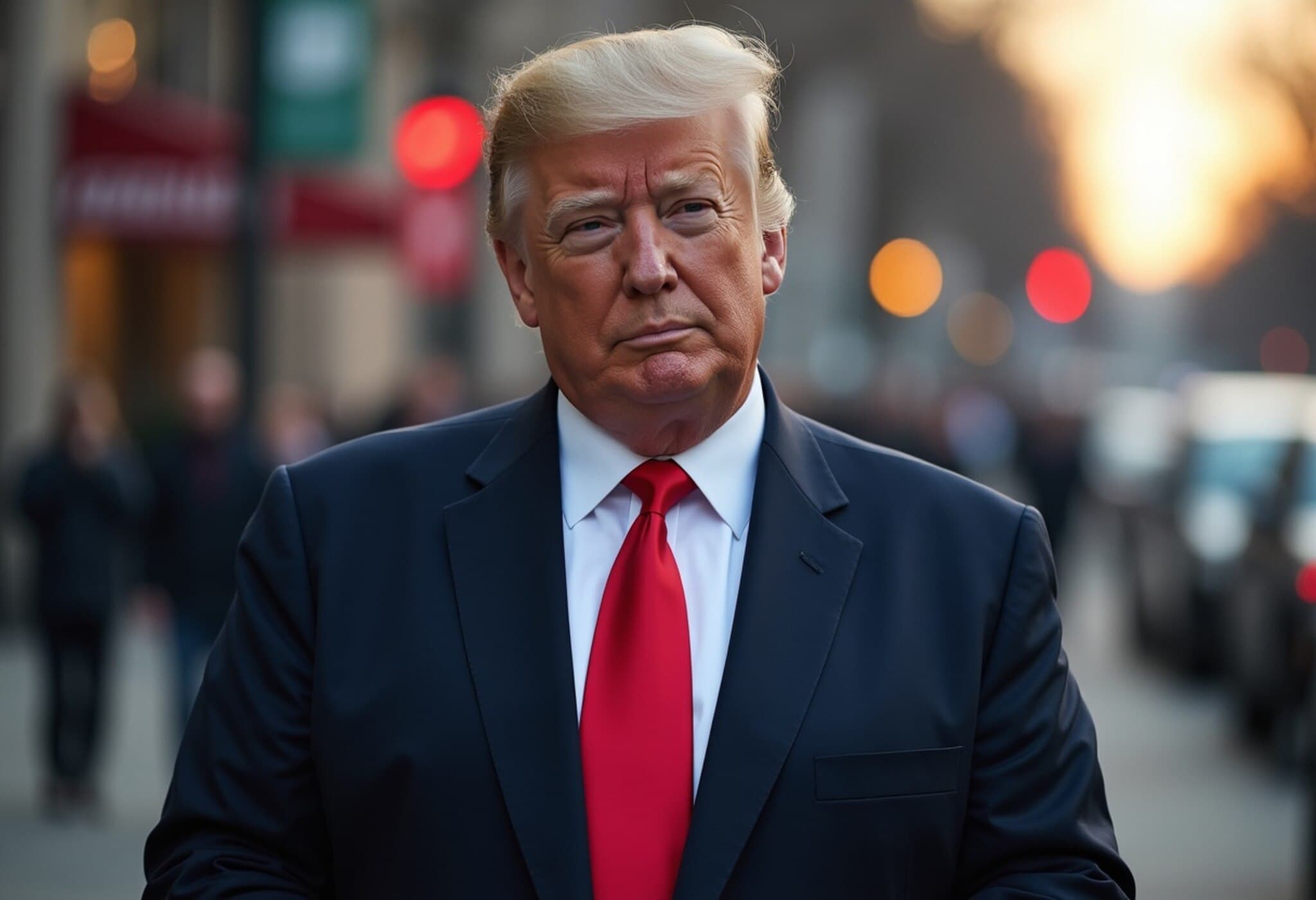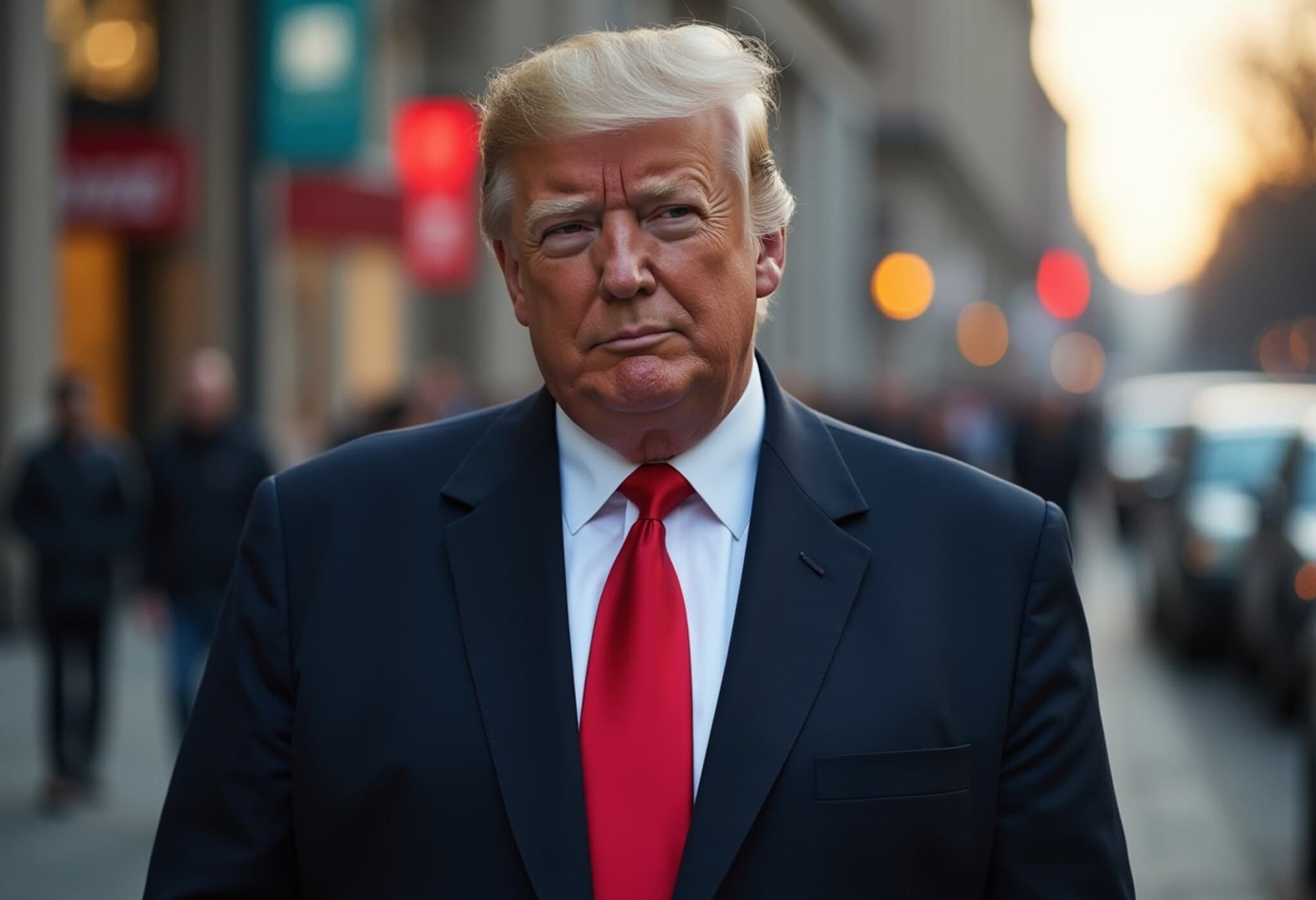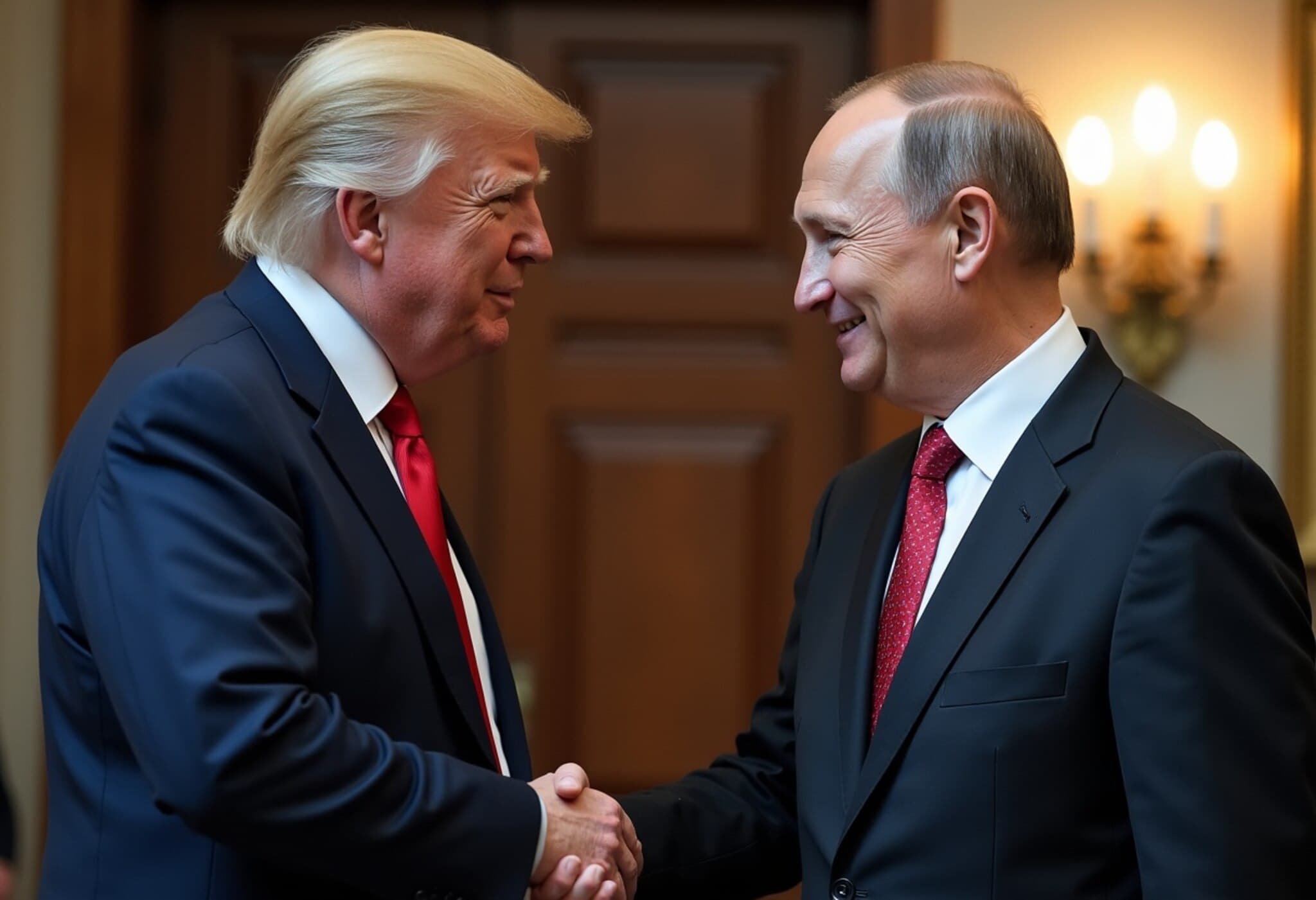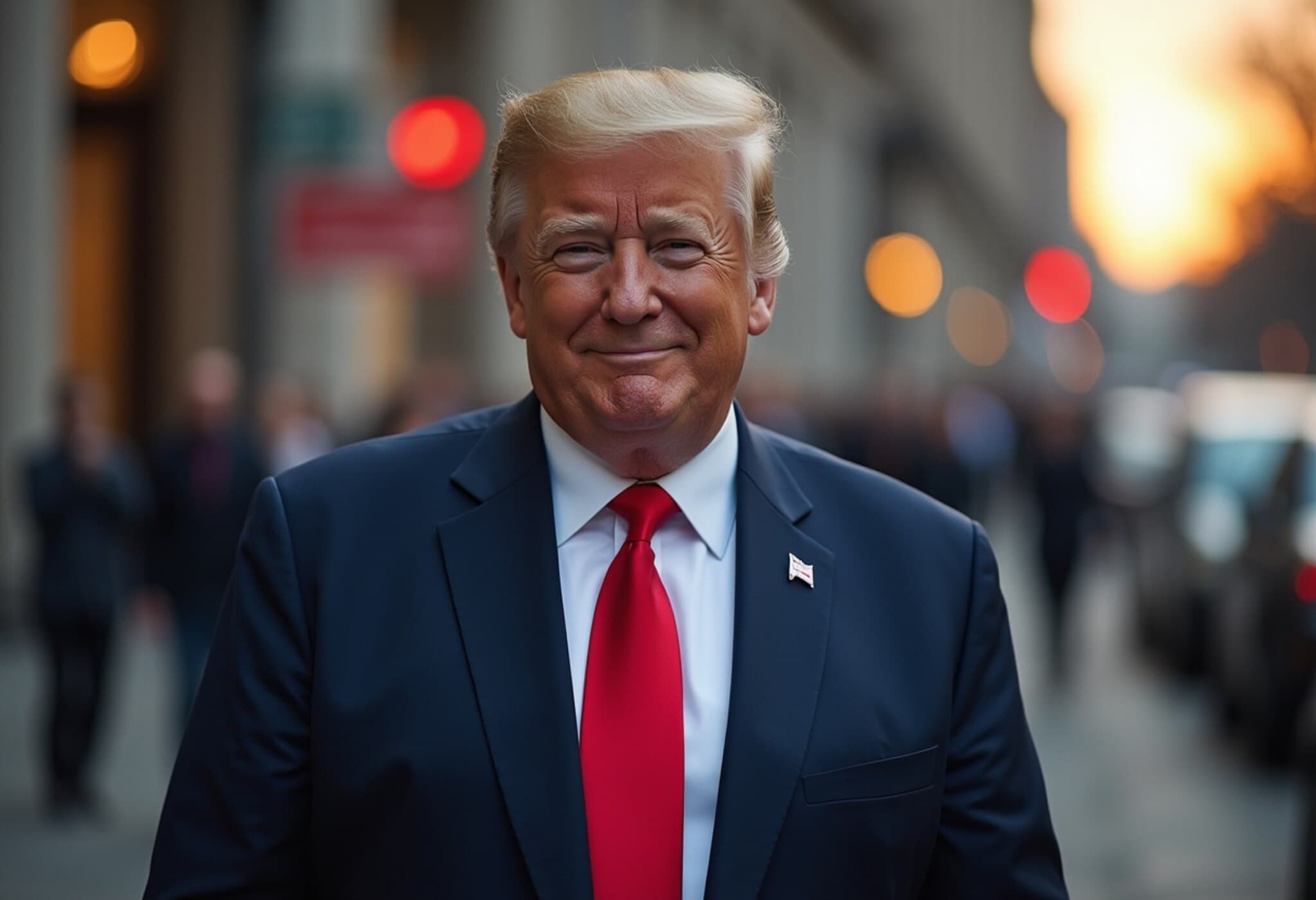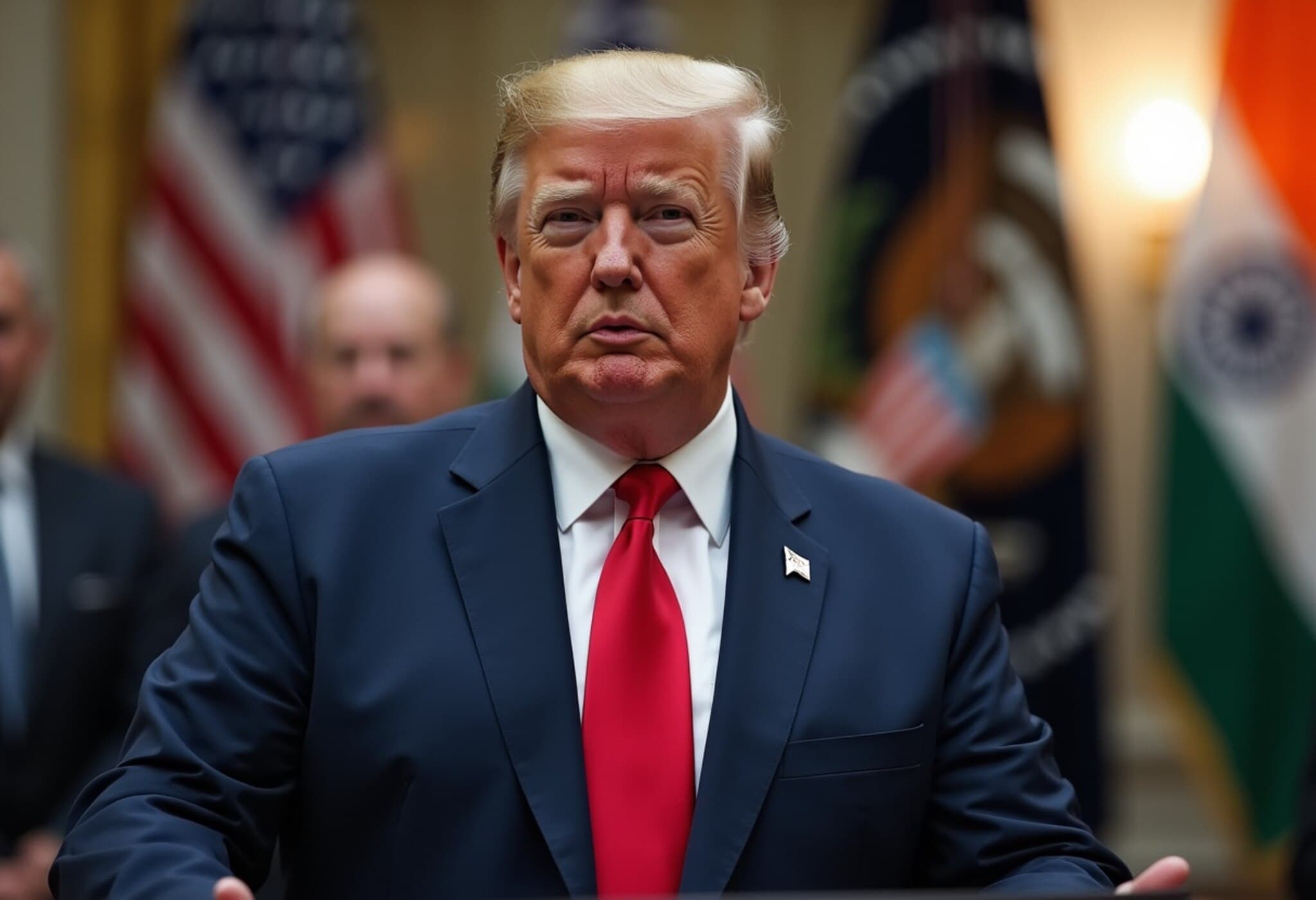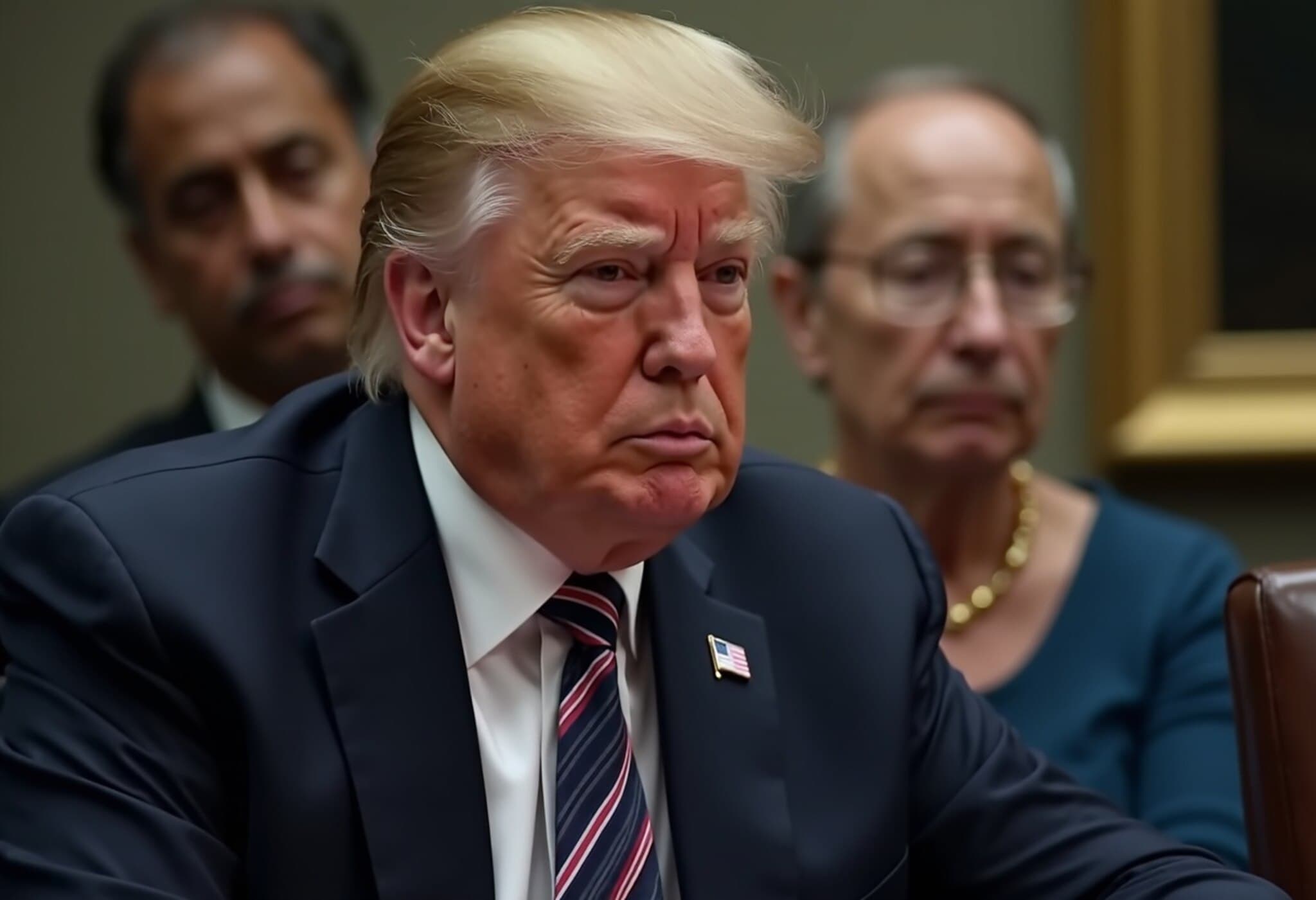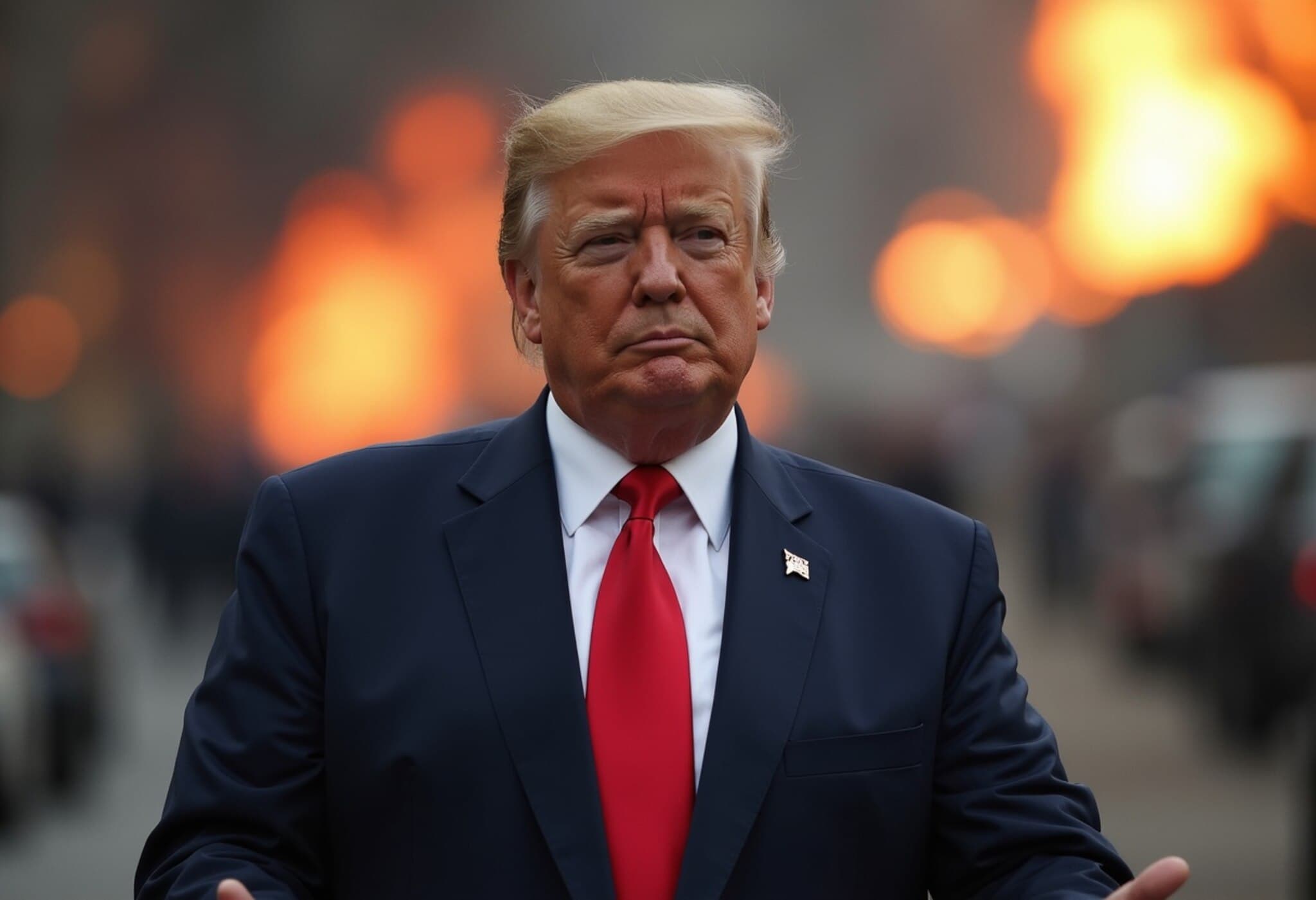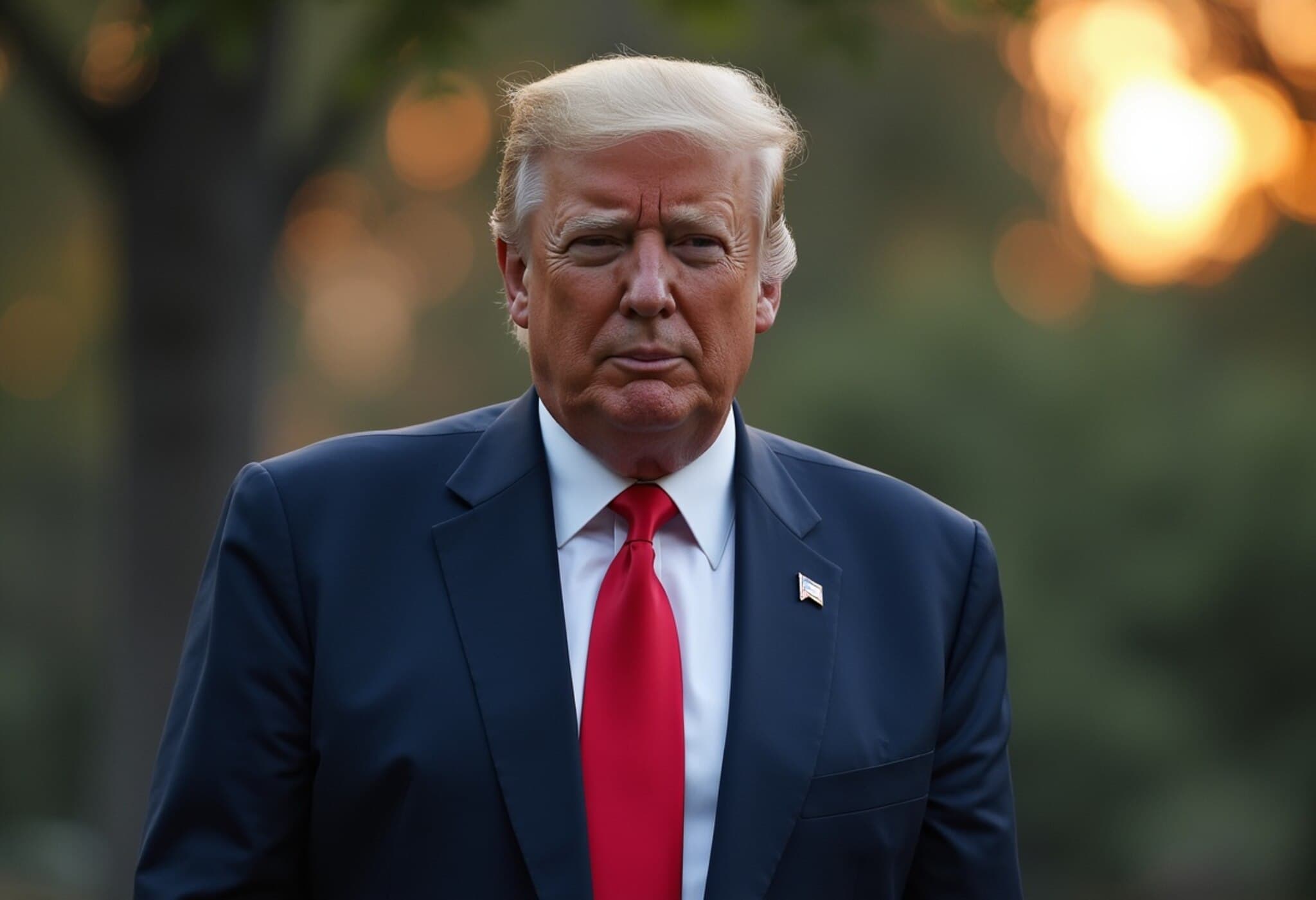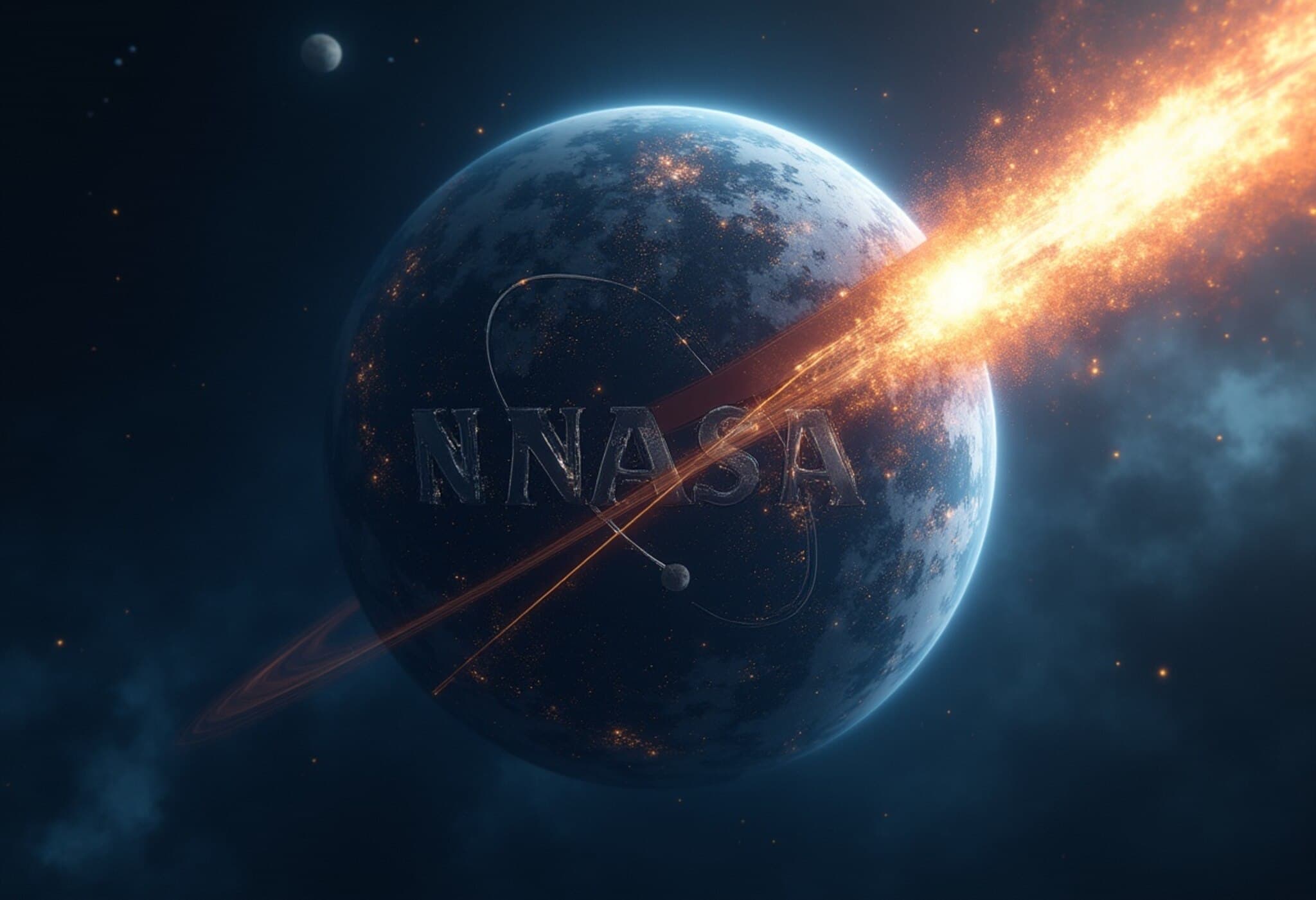Trump’s Unexpected Compliment to Liberian President Raises Eyebrows
In a White House meeting with African leaders on July 9, 2025, US President Donald Trump made a well-meaning yet awkward comment that quickly went viral. While praising Liberian President Joseph Boakai for his English proficiency, Trump asked, “Where did you learn to speak so beautifully?”—a question that struck many as puzzling, given English is Liberia’s official language.
A Moment of Confusion and Amusement
During the event welcoming leaders from Gabon, Guinea-Bissau, Liberia, Mauritania, and Senegal, President Boakai spoke eloquently in English, thanking the United States for deepening ties and investment opportunities. Trump’s compliment, followed by his sincere curiosity about Boakai’s English education, left the Liberian leader slightly amused. Boakai’s quiet chuckle and simple reply, “Yes, sir,” highlighted the naturalness of English in Liberia—underscoring the irony felt by many observers.
- Video of the exchange quickly spread online, sparking humorous reactions and light-hearted critiques of Trump.
- Social media users poked fun at the president’s apparent surprise at English fluency from a native English-speaking country.
- Activists noted the incident as an example of the need for greater cultural awareness in international diplomacy.
Understanding Liberia’s Linguistic and Historical Context
Liberia’s English-speaking identity is deeply rooted in history. Founded in 1822 as a colony for free Black Americans seeking a new homeland, Liberia adopted English as its official language, which continues to serve as the primary mode of communication across government, education, and media.
Alongside English, a tapestry of indigenous languages enriches Liberia’s linguistic landscape, reflecting its diverse ethnic communities. Thus, Trump’s question, while well-intentioned, overlooked the cultural and historical nuances that anchor English firmly in Liberian society.
Shifting US-Africa Relations: From Aid to Trade
Beyond the amusing incident, the White House meeting offered significant insights into evolving US-Africa diplomacy. Trump underscored his administration's vision to pivot from aid dependency toward trade partnerships, highlighting the continent’s untapped economic potential.
Leaders from Gabon, Senegal, and others echoed this approach, emphasizing Africa’s wealth in natural resources and their eagerness to attract American investment. As President Brice Clotaire Oligui Nguema of Gabon remarked: “We are not poor countries. We are rich countries when it comes to raw materials. But we need partners to support us and help us develop those resources.”
Expert Perspective: Why this Moment Matters
From a policy analyst’s viewpoint, Trump’s gaffe shines light on both the challenges and opportunities in US-African relations:
- Cultural Competency in Diplomacy: Genuine international cooperation demands nuanced understanding of the partner nations’ histories and cultures.
- Communication Shaping Perceptions: Small missteps can quickly dominate media cycles, potentially overshadowing substantive dialogue.
- Economic Engagement Strategy: The US’s shift toward commerce and investment represents a promising, more sustainable mode of partnership with African countries.
This incident reminds American leaders and audiences alike to approach global interactions with informed respect and authentic cultural literacy.
Editor’s Note
President Trump’s remark about Liberian English sparked humor and critique, yet it also opens a valuable conversation about the importance of cultural awareness in diplomacy. As the US redefines its engagement with Africa—from aid to trade—leaders must balance enthusiasm with informed sensitivity. This exchange invites us to consider how language, history, and mutual respect shape international relationships in an increasingly interconnected world.

